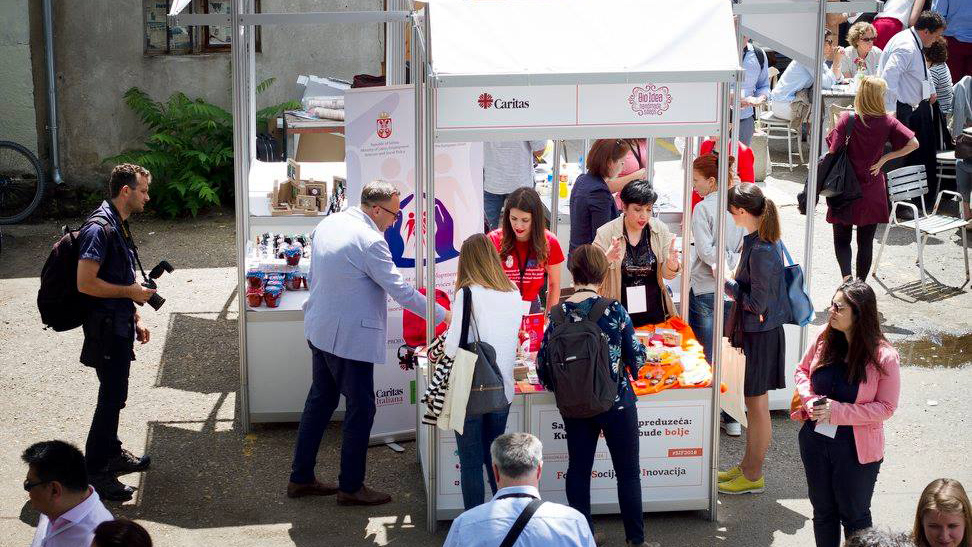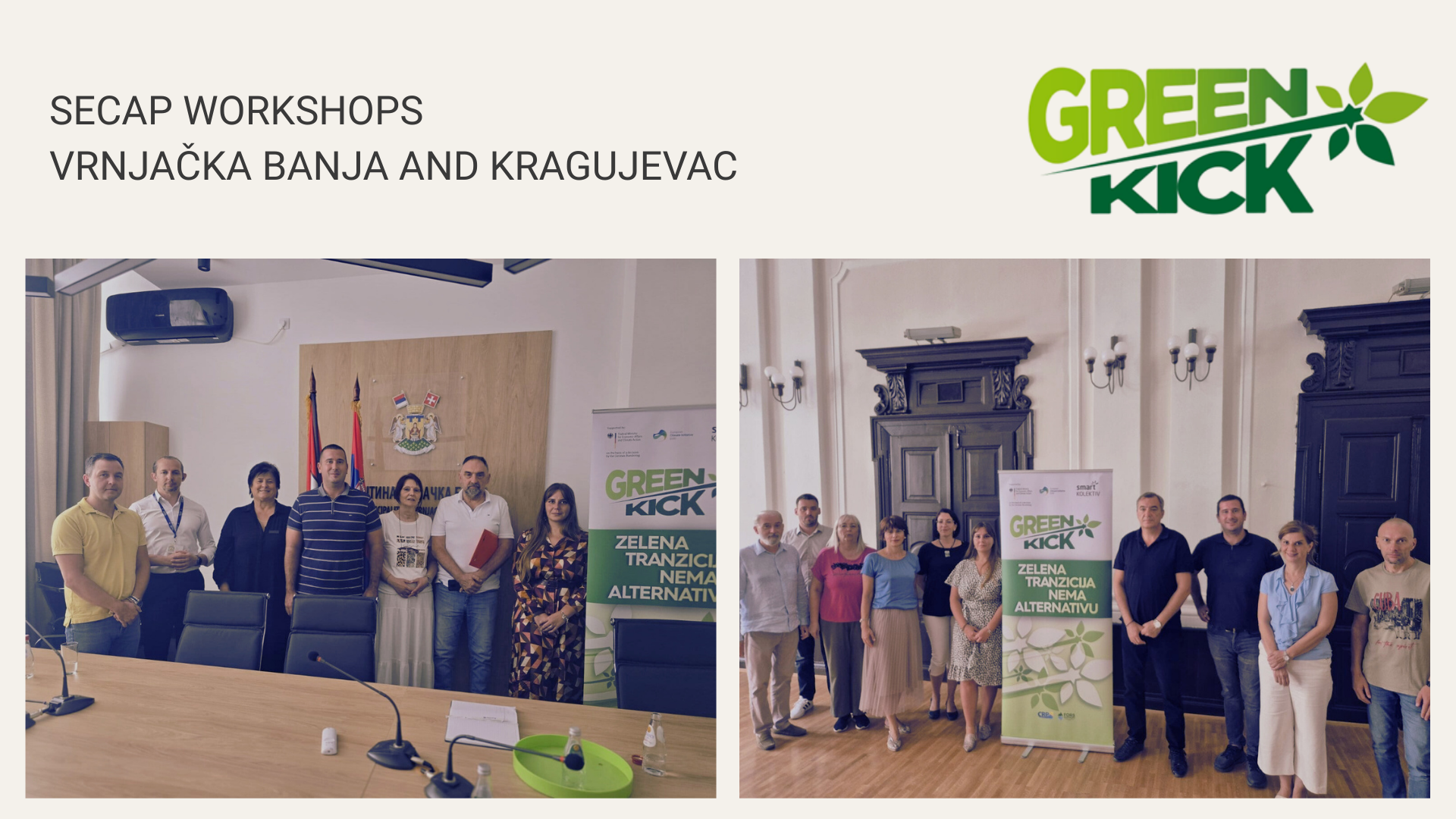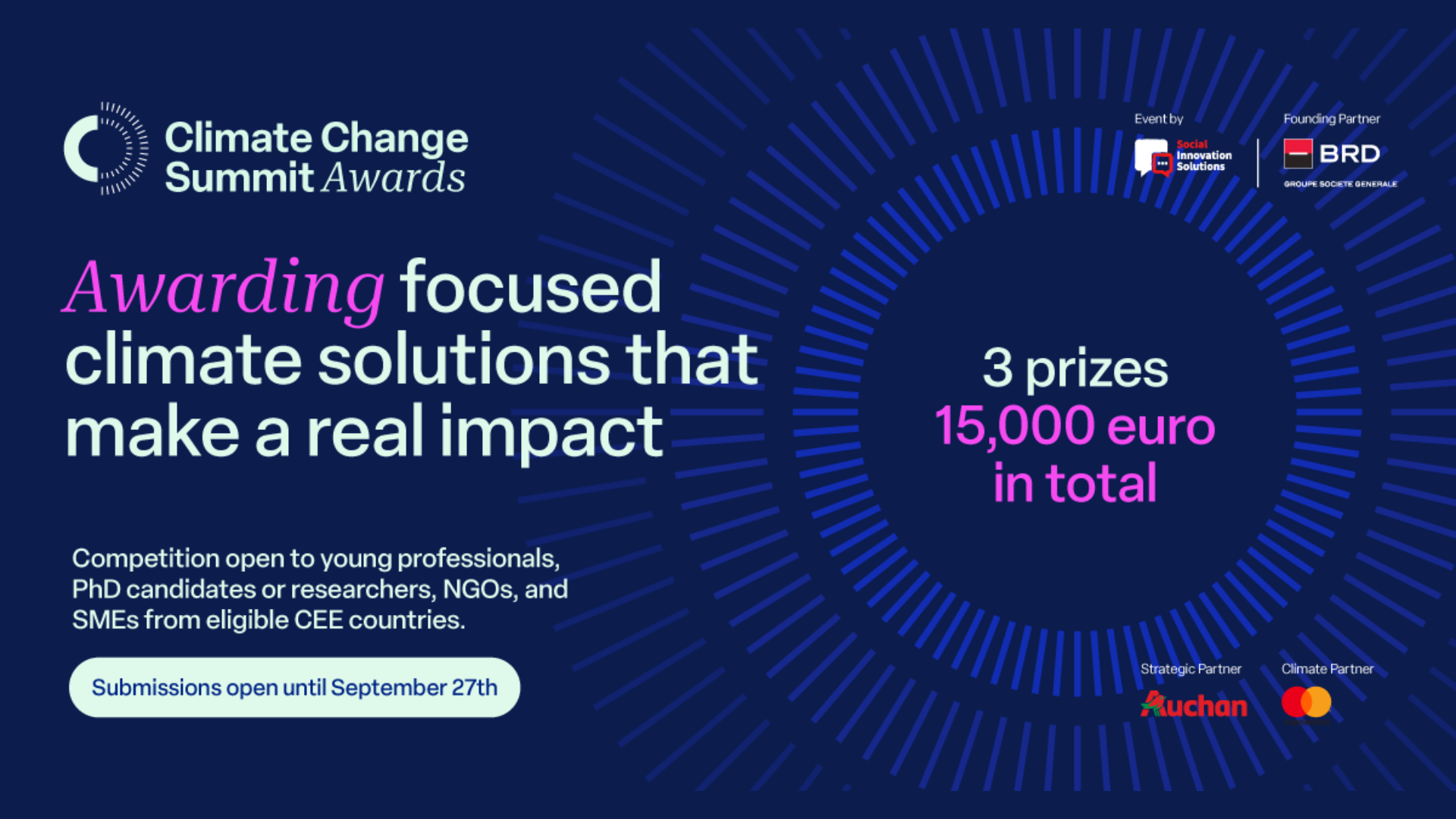The project Resilient Communities: Nurturing Social Enterprises for Local Development aims to support local communities in becoming stronger, more connected, and better equipped to respond to the challenges they face. Recognising social enterprises as drivers of positive change, the project envisions the establishment of six resource centres that will provide support to this type of business—focused on both profit and social impact.
Special attention will be given to strengthening the cooperation of civil society organisations with public institutions and the private sector, through joint efforts to develop the social economy. The project also aims to raise awareness about the importance and potential of social entrepreneurship, with the goal of encouraging its further growth in Serbia.
The overall objective of the project is to foster sustainable social development and economic resilience in local communities by empowering civil society organizations (CSOs) and promoting collaborative partnerships with the public and private sectors, with a focus on nurturing and expanding the social entrepreneurship sector.
Key goals of the project include:
- To enhance the capacities and resilience of local CSOs through establishment of regional social entrepreneurship resource centers that will serve as hubs for providing support, information, promotion, guidance, and resources to empower both CSOs and social enterprises in their endeavours towards sustainable development and resilience-building within their communities
- To strengthen cooperation between CSOs and public and private sector on the topic of social entrepreneurship and social economy
- To raise awareness on social enterprises and stimulate growth of social entrepreneurship sector
Project activities will be implemented on national level, with focus on Belgrade, Novi Sad, Kruševac and six other cities/region to be selected through the program.
Project Resilient Communities: Nurturing Social Enterprises for Local Development is implemented by Smart Kolektiv, in partnership with Association for European Integration Support “Evrokontakt” Krusevac and Association Kolping Društvo Srbije, with the financial support of the European Union
The content of this text does not necessarily reflect the views of the European Union.



